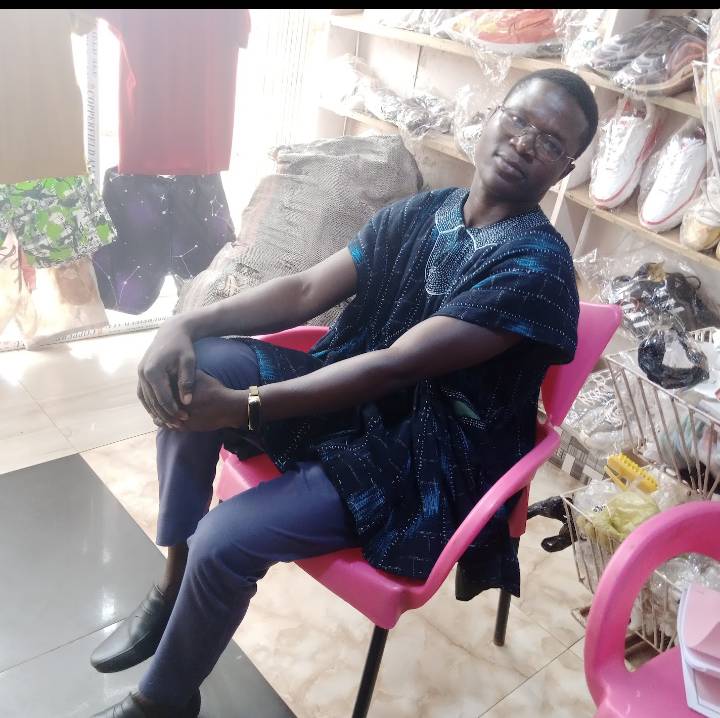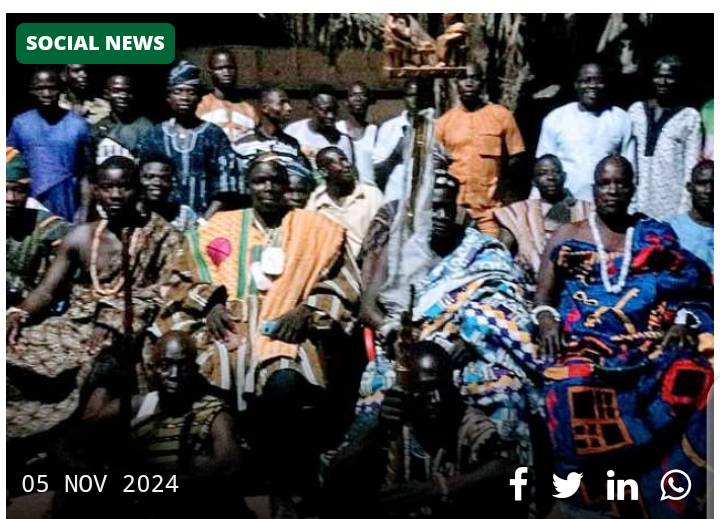Konkomba Chiefs Seek Traditional Council Status to Boost Development
In a bid to foster development and strengthen local governance, the Konkomba Chiefs have renewed their call for the establishment of a recognized traditional council for the Konkomba community. This council, they assert, would help coordinate development efforts, advocate for their cultural heritage, and improve overall governance for their people.
Currently, the Konkomba community, one of Ghana’s largest ethnic groups, is without a formally recognized traditional council—a situation the chiefs say hampers their progress and limits their voice in regional affairs. According to the chiefs, the formation of a Konkomba Traditional Council would not only provide them with a formal structure to oversee cultural matters but also serve as a vital link between the people and the government, making it easier to access developmental resources and represent the needs of their community.
The demand for the establishment of a Konkomba Traditional Council has been ongoing for years, with various chiefs advocating for it in different forums. However, recent developments have spurred renewed calls. Chiefs are emphasizing the positive impacts that recognized traditional councils have on communities, citing examples from other ethnic groups that have used such bodies to facilitate developmental initiatives, preserve cultural values, and enhance local governance.
One prominent Konkomba chief recently addressed a gathering, highlighting the numerous challenges the community faces due to the absence of a traditional council. “Our community needs a unifying structure to consolidate our efforts in development and cultural preservation. We deserve a platform that can act as the voice of the Konkomba people, helping us engage meaningfully with stakeholders at all levels,†he stated. The chief noted that this council would act as a legitimate and organized representation, essential for effective dialogue with government agencies and NGOs.
In addition to fostering development, the Konkomba chiefs believe a traditional council would offer a stronger platform for protecting their cultural heritage. Such a body would coordinate festivals, document traditions, and ensure the cultural continuity that is crucial to the community's identity. The chiefs also noted that it could help address pressing social issues such as education, healthcare, and infrastructure, which currently face significant challenges in Konkomba areas.
To move forward with their proposal, the Konkomba chiefs are engaging with the Ministry of Chieftaincy and Religious Affairs and other stakeholders, urging them to support the creation of a Konkomba Traditional Council. They hope that their advocacy will lead to the recognition they seek, ultimately fostering unity, cultural preservation, and socio-economic growth for their community. As they continue this campaign, the Konkomba chiefs are calling on government officials, community leaders, and the general public to support their quest for progress through structured and culturally sensitive governance.




No comments yet
Be the first to share your thoughts!